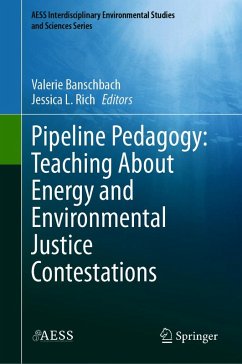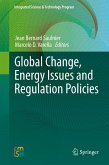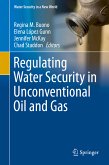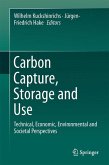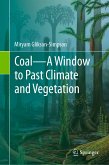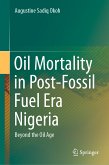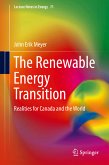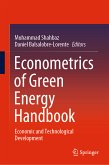The proliferation of pipelines to transport oil and natural gas represents a major area of contestation in the landscape of energy development. Battles over energy pipelines pit private landowners, local community representatives, and environmentalists against energy corporations and industry supporters, sometimes drawing opposition and attention from well beyond the impacted regions, as in the case of the Standing Rock/Dakota Access Pipeline. Stakeholders must navigate complex government regulatory processes, interpret technical and scientific reports, and endure lengthy and expensive court battles. As with other forms of environmental injustice, the contentious construction of pipelines often disproportionately impacts communities of lower economic development, people of color, and indigenous peoples; pipelines also pose potential short and long-term health and safety threats. With the expansion of energy pipelines carrying fracked oil and gas across the United States and abroad, the moment is ripe for teaching about pipeline projects and engaging students and community members in learning about methods for mobilization. Our volume examines pedagogical opportunities, challenges, and interventions that campus-community engagement, and other kinds of community engagement, produce in relation to infrastructuring in the form of pipeline development.
Dieser Download kann aus rechtlichen Gründen nur mit Rechnungsadresse in A, B, BG, CY, CZ, D, DK, EW, E, FIN, F, GR, HR, H, IRL, I, LT, L, LR, M, NL, PL, P, R, S, SLO, SK ausgeliefert werden.

